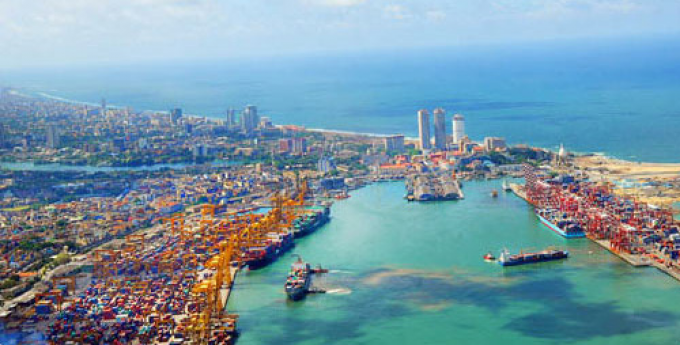News analysis: Gdansk vs Gdynia – Baltic Hub 3 a major offensive in a 15-year battle
This week’s inauguration of the new Baltic Hub 3 terminal at the Polish container hub ...

The flow of Indian transhipment cargo over Colombo Port in Sri Lanka is facing heightened disruption as the island nation grapples with its worst-ever economic quagmire.
And this comes on top of Covid-induced woes that have already sent supply chains into a tailspin.
Maersk Line told The ...

Comment on this article
Arjun Vikram-Singh
April 08, 2022 at 3:27 amThis could be a large nail in the coffin
With tourism having dissipated and industry crippled by the ongoing crisis, the port remains a significant revenue source.
should this too diminish the country would be in even further crisis.
But the carriers do have feeder routes out via Port Klang and Singapore from all of the Indian East Cost ports and Bangladesh too.
The rail route east to west is hardly efficient, is expensive, and there is little chance that either Nhava Sheva or Mundra could efficiently handle the load.
Certainly, on a pure cost and transit time perspective, it is hardly the optimum choice. I am surprised to read A.P. Moller – Maersk considering it.
Colombo